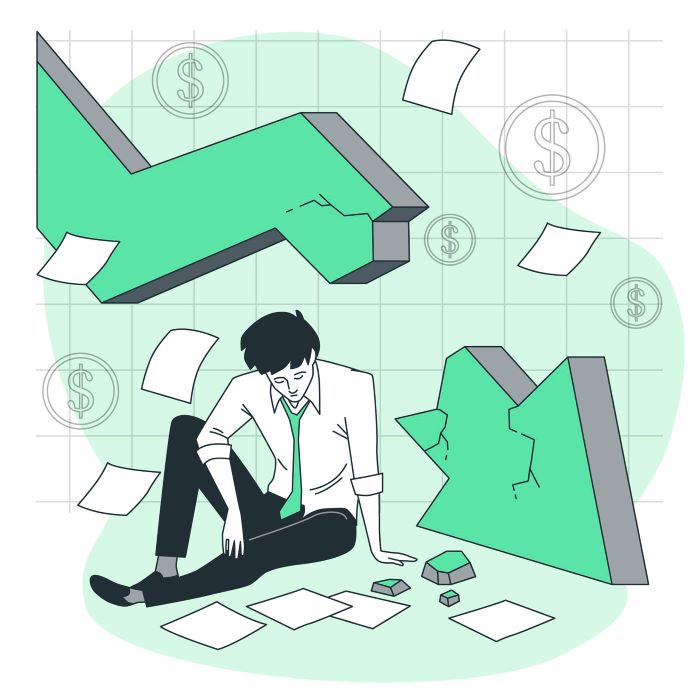The Dutch system of subsidized legal aid, also known as “Gesubsidieerde Rechtsbijstand,” plays a crucial role in the Netherlands’ commitment to providing access to justice for all citizens, regardless of their financial means. This system is designed to offer financial support to those who cannot afford legal representation, promoting a fairer legal process. Based on the Legal Aid Act, criteria such as income and assets are used to qualify for subsidized legal assistance. The system covers a wide range of legal services and encourages a sense of empowerment, allowing individuals to defend their rights and interests without being hindered by financial obstacles.
The Subsidized Legal Aid System
The Dutch Subsidized Legal Aid system is a crucial component of the Netherlands’ commitment to ensuring access to justice for all citizens, regardless of their financial means. This system plays a vital role in upholding the principles of equality, fairness, and the rule of law within the Dutch legal framework.
Established to address the socio-economic disparities that can hinder individuals from obtaining legal representation, the Subsidized Legal Aid system is designed to provide financial assistance to those who cannot afford the costs associated with legal proceedings. This assistance extends across various legal matters, including civil, criminal, and administrative cases.
The foundation of the Dutch Subsidized Legal Aid system lies in the Legal Aid Act (Wet op de Rechtsbijstand), which outlines the eligibility criteria, coverage, and procedural aspects of the subsidy. To qualify for subsidized legal aid, an individual’s income and assets are taken into consideration. The system aims to ensure that individuals with limited financial means have access to legal representation, thereby promoting a more equitable judicial process.
The subsidy covers a range of legal services, including consultations with lawyers, assistance in negotiations, and representation in court. This comprehensive coverage ensures that individuals facing legal challenges receive the necessary support to navigate the complexities of the legal system. Moreover, the system fosters a sense of empowerment among citizens, as they can assert their rights and interests without being hindered by financial barriers.
Legal aid providers, often private law firms, play a pivotal role in delivering subsidized legal services. These providers collaborate with the Legal Aid Board (Raad voor Rechtsbijstand), a government agency overseeing the implementation of the Subsidized Legal Aid system. The Legal Aid Board ensures the quality and efficiency of legal services by accrediting and monitoring the participating law firms.
One of the notable features of the Dutch Subsidized Legal Aid system is the contribution requirement, where eligible individuals are required to make a financial contribution towards the legal costs based on their income and financial situation. This contribution is structured to strike a balance between ensuring affordability for the individual and covering a portion of the legal expenses.
In addition to its role in individual cases, the Subsidized Legal Aid system contributes to the overall functioning of the Dutch legal system. By promoting access to justice, the system helps maintain a fair and transparent legal environment, reinforcing the country’s commitment to upholding the rights and freedoms of its citizens.
In conclusion, the Dutch Subsidized Legal Aid system stands as a cornerstone of the Netherlands’ legal landscape, embodying the nation’s dedication to fostering a just and inclusive society. Through its carefully designed framework, the system empowers individuals, safeguards their rights, and reinforces the fundamental principles upon which the Dutch legal system is built.
Dutch Legal Aid Board
The Dutch Legal Aid Board, established in 1994, is a crucial institution ensuring access to legal assistance for citizens with limited financial means. However, the roots of this essential service date back to the Batavian Republic, where an arrangement for legal aid was introduced in the early stages of our history, then known as ‘Armenrecht’ (Right to Assistance for the Poor).
The Batavian Republic, formed at the end of the 18th century, recognized the need to support those who couldn’t afford legal assistance. The ‘Armenrecht’ was a pioneering initiative that helped the most vulnerable segments of society access justice, regardless of their financial situation. This early recognition of the importance of legal aid laid the foundation for future developments in legal assistance in the Netherlands.
Over time, the concept of legal aid evolved, and in 1994, the modern Legal Aid Board was established. This institution is tasked with ensuring that contemporary citizens with limited financial means have access to the judicial system. The Legal Aid Board serves as a bridge between citizens and the legal system, providing legal assistance to those who would otherwise be unable to afford it.
The tasks of the Legal Aid Board include assessing the financial situation of applicants, providing legal aid contributions to cover lawyer costs, and facilitating mediation and alternative dispute resolution. Thus, the Board plays a crucial role in ensuring equal opportunities for justice for all citizens, regardless of their financial position.
Over the years, the Legal Aid Board has adapted to changing societal needs and legal developments. It has become an essential component of the Dutch legal system, not only providing financial support but also striving to enhance legal awareness and education within society.
The Legal Aid Board stands as a beacon of justice, rooted in the historical legacy of ‘Armenrecht.’ It reflects the ongoing commitment of the Netherlands to uphold the rule of law and ensure that everyone, regardless of their economic status, has equal access to a fair and just legal system.



